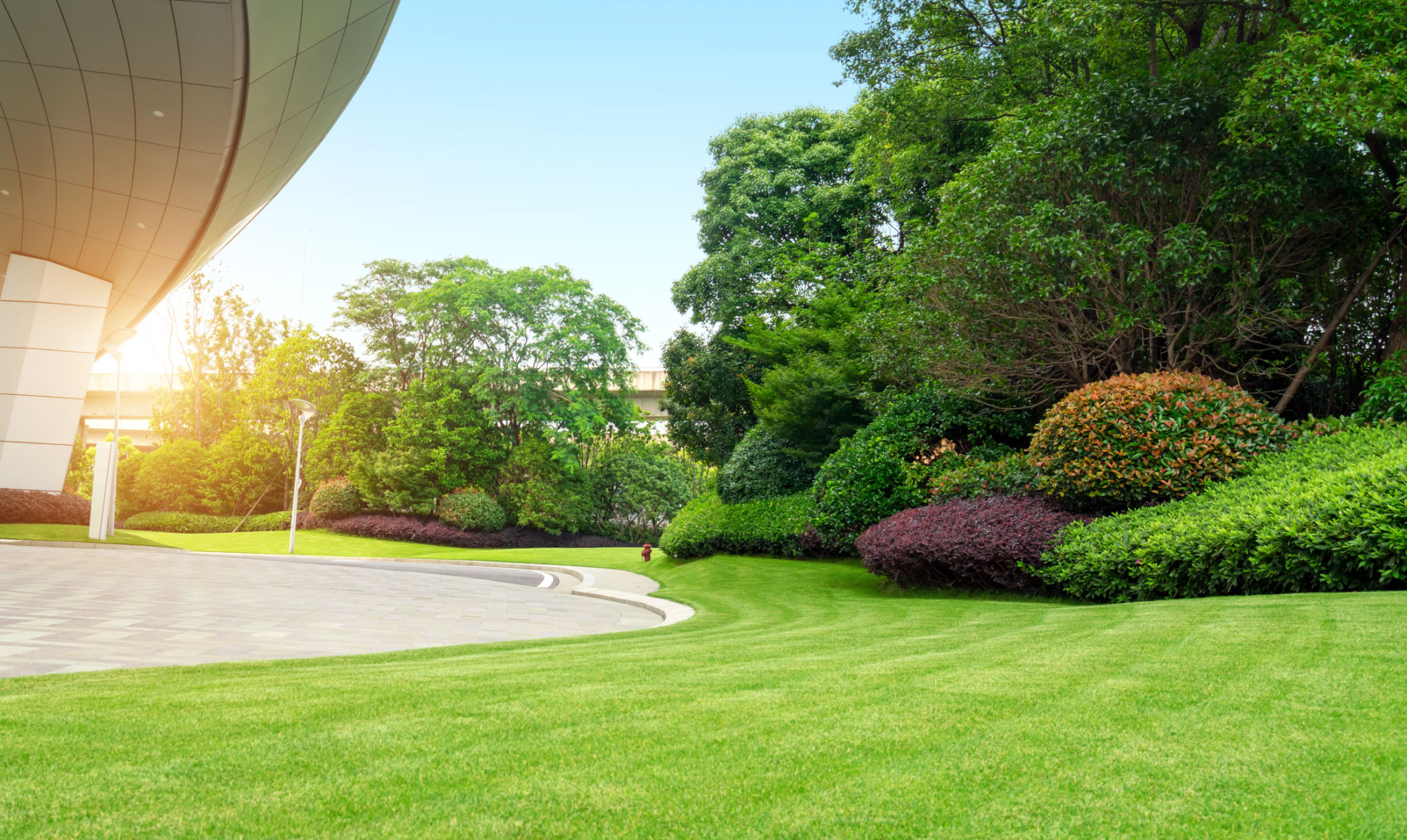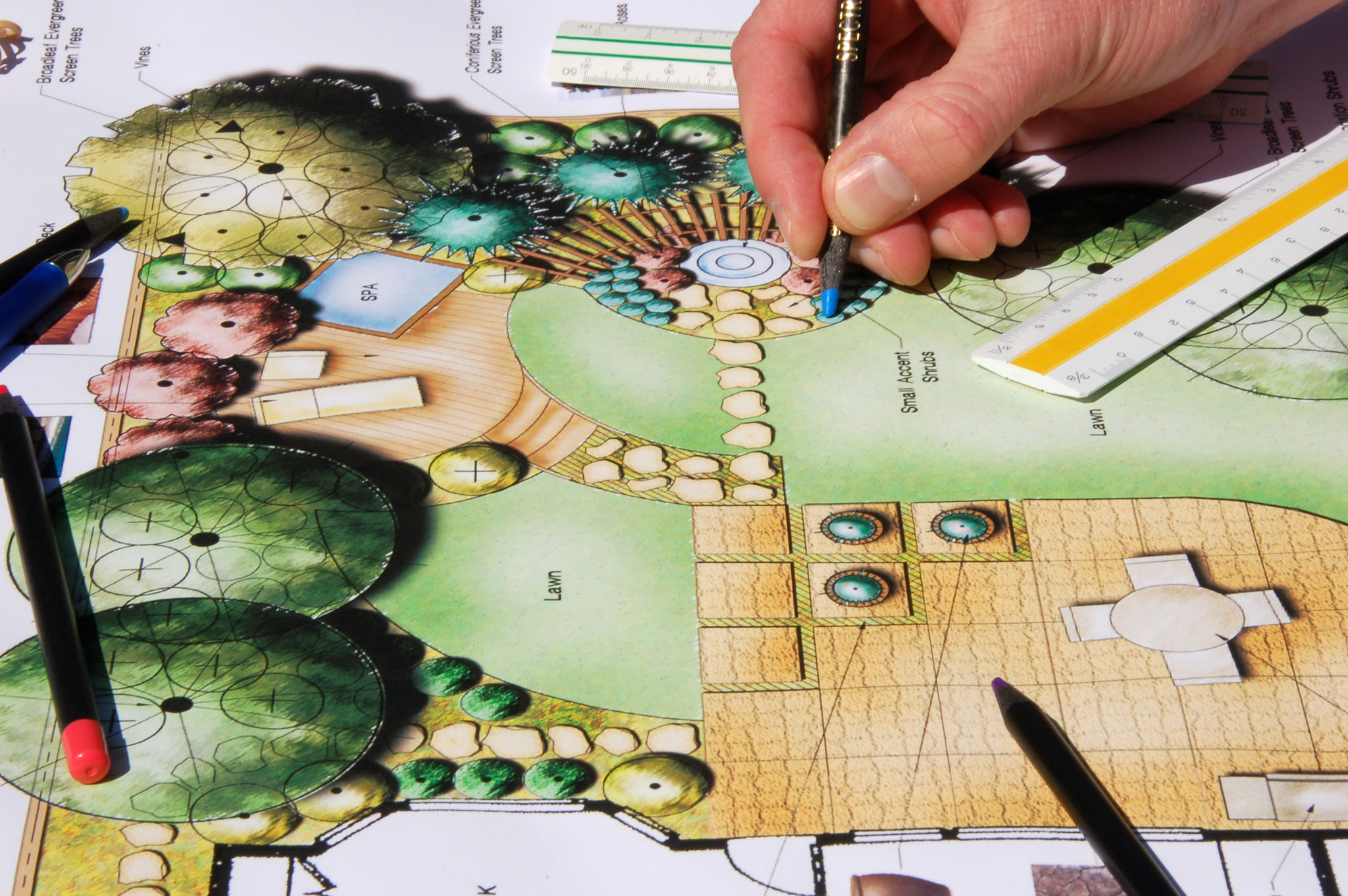The Art of Commercial Garden Design: Transforming Spaces with Style
Understanding the Basics of Commercial Garden Design
Commercial garden design is a unique field that blends the principles of landscaping with business acumen. It’s not just about planting flowers or arranging shrubs; it involves creating a space that reflects the brand's identity, enhances aesthetics, and improves functionality. The goal is to create an environment that attracts customers, boosts employee morale, and adds value to the property.
One of the key aspects of commercial garden design is understanding the needs of the business. A retail store may prioritize vibrant colors and eye-catching displays to attract passersby, while a corporate office might focus on greenery that promotes tranquility and productivity. Each design must be tailored to meet specific objectives while adhering to budgetary constraints.

Key Elements of Successful Design
A successful commercial garden design incorporates several crucial elements. The first is **functionality**. The space must serve its intended purpose, whether it's providing a serene environment for employees or creating a welcoming entrance for customers. This often involves strategic planning of pathways, seating areas, and focal points.
**Aesthetic appeal** is equally important. A visually appealing garden can enhance a business's image and leave a lasting impression on visitors. This might include the use of seasonal plants, artistic sculptures, or water features that create a dynamic and engaging atmosphere.

Incorporating Sustainability
In today’s world, sustainable practices are more critical than ever. Integrating eco-friendly elements into commercial garden design not only benefits the environment but also aligns with modern consumer values. This could involve using native plants that require less water, installing rainwater harvesting systems, or incorporating recycled materials into the design.
Sustainable gardens can also reduce maintenance costs over time. By selecting hardy plants that thrive in local conditions, businesses can minimize the need for excessive watering, fertilizers, or pesticides, creating a self-sustaining ecosystem.
The Role of Technology
Technology plays a significant role in modern commercial garden design. Advanced software allows designers to create virtual models of their projects, enabling clients to visualize the finished product before any physical work begins. This can be especially beneficial for large-scale projects where precision and planning are crucial.

Smart irrigation systems and automated lighting solutions are other technological advancements that can enhance a commercial garden's efficiency and appeal. These tools allow for precise control over water usage and lighting schedules, ensuring plants thrive while reducing waste.
Choosing the Right Plants
The selection of plants is a critical component of any garden design. In commercial settings, it’s essential to choose plants that not only fit the aesthetic goals but also align with the climate and soil conditions of the area. This ensures longevity and reduces maintenance needs.
- Consider drought-resistant species for areas with limited rainfall.
- Choose plants that bloom at different times for year-round interest.
- Select low-maintenance varieties to reduce upkeep costs.
Collaboration with Professionals
Creating a successful commercial garden often requires collaboration with skilled professionals. Landscape architects, horticulturists, and environmental consultants can provide invaluable insights and expertise that ensure the project meets both aesthetic and functional goals.
Working with experienced designers can streamline the process, from initial concept development to final implementation. They bring a wealth of knowledge about plant species, design trends, and sustainability practices that can elevate a project from good to exceptional.

The Impact on Business Success
A well-designed commercial garden can have a significant impact on business success. It enhances curb appeal, making the property more attractive to potential clients and customers. Additionally, it can create a positive work environment for employees, boosting morale and productivity.
Ultimately, investing in professional garden design can offer substantial returns by increasing property value, attracting more visitors, and aligning with eco-conscious trends that resonate with today’s consumers.
